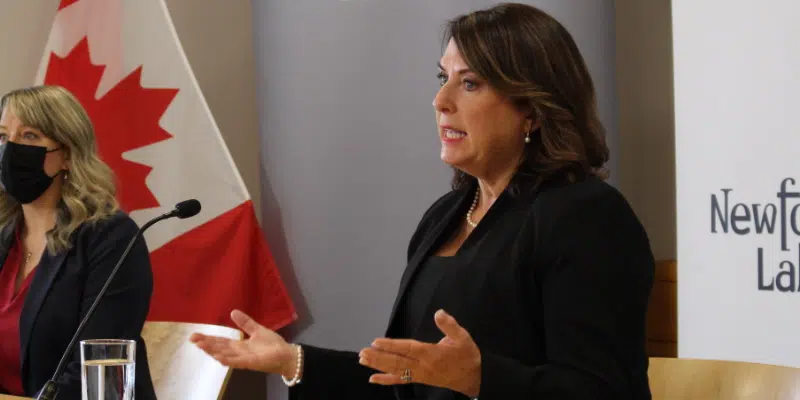April opened with a decision by the federal government that split opinion across the province and country—the approval of Equinor’s Bay du Nord project.
Tensions around the project had been building since January, with reports of a rift in the federal cabinet over the impact on climate change, repeated calls from the Progressive Conservatives for the feds to approve the project, and the concept of so-called “clean oil” being touted by the provincial government.
The debate led to uncertainty that the project and its promise of hundreds of highly-skilled jobs would meet with approval and pass the federal environmental assessment process.

(Bay du Nord FPSO concept art, courtesy Equinor.)
Any doubt was erased on April 6 when the project received federal environmental approval.
While that resulted in celebration in the local oil and gas industry, the decision was widely criticized by environmental groups as yet another blow in the effort to fight climate change.
First oil is expected in 2028.
“Change is in the Air”

Change was the theme of the provincial budget brought down in April.
The province’s 2022 fiscal plan would introduce two major ideas to cut spending in the province; the merger of the four regional health authorities into one, and the absorption of the English School District into the Department of Education. Legislation outlining the health merger would be tabled in the fall sitting of the House of Assembly.

Also in April, the provincial government would officially lift the moratorium on wind energy development. In an effort to capitalize on the global push towards renewable energy, the province would set its sights on green hydrogen generated by wind turbines—leading to further debate in the House of Assembly in the fall surrounding what some saw as the accelerated pace and questions about the Premier’s connections to some of the proponents.
Under the Veil

Another major document would come down in April. Just prior to the release of Budget 2022, the province would receive the $5 million Rothschild Report—an examination of the province’s assets.
The Opposition eagerly awaited the opportunity to dissect the findings of the commissioned report, but that opportunity would not come.
Instead, government elected to keep its cards close to its chest, refusing to release the findings to the public, citing “a significant amount of commercially sensitive information.”
The decision was met with much pushback from the Opposition. Independent MHA Paul Lane would refuse to support the sale of provincial assets without the “proper information” being released publicly.























